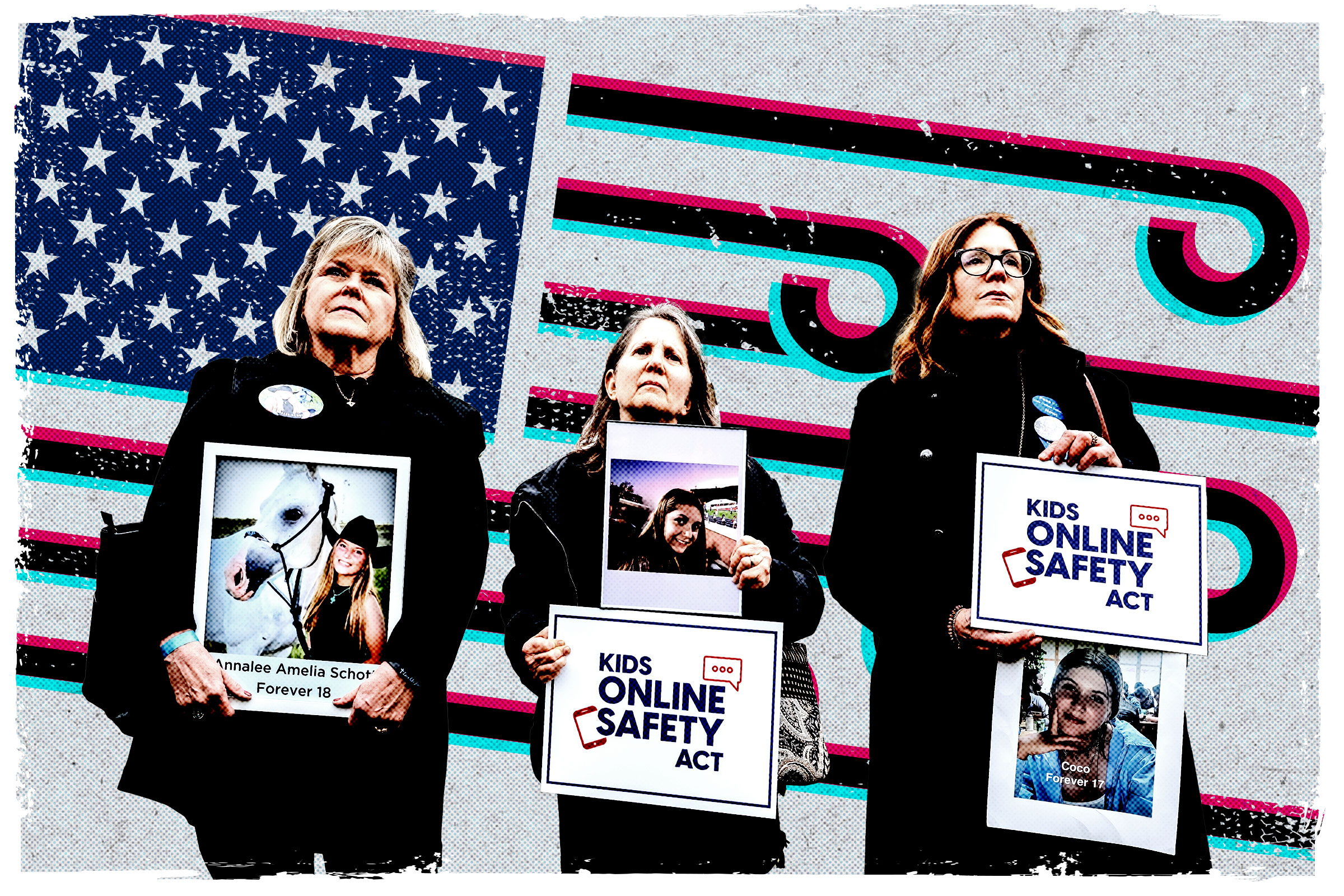A four-hour drive home in November 2020 was harrowing for the Schotts.
They had just learned that their 18-year-old daughter, Annalee, had taken her own life at the family farm in Colorado.

A four-hour drive home in November 2020 was harrowing for the Schotts.
They had just learned that their 18-year-old daughter, Annalee, had taken her own life at the family farm in Colorado.